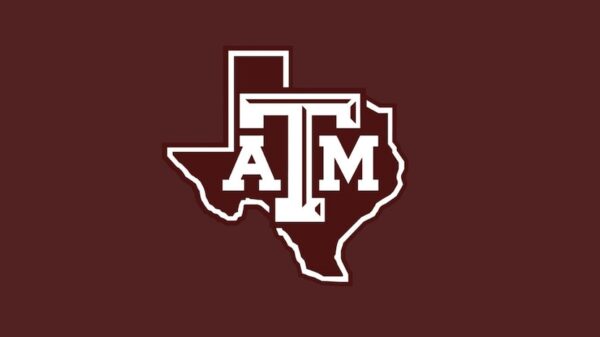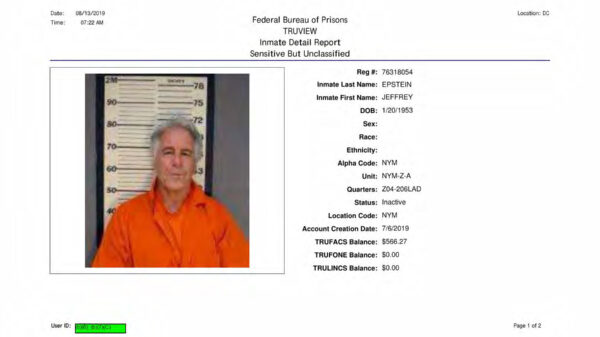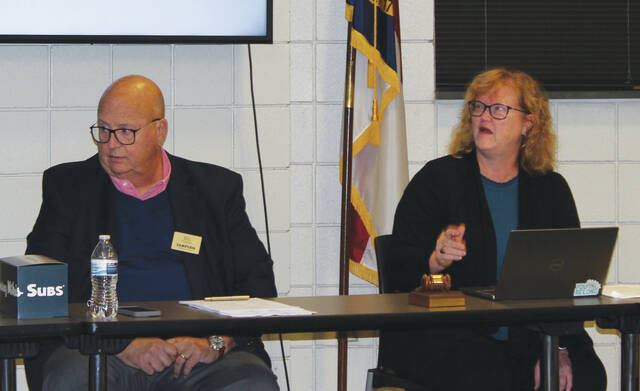In a significant decision during the monthly meeting on October 10, 2023, the Sampson Community College Board of Trustees voted to eliminate student representation from its ranks. The amendment, proposed by Catherine Ezzell-Joyner, chair of the board’s personnel and policy committee, specifies that a student government representative will no longer serve as an ex-officio member. While the proposal saw brief discussion, Ezzell-Joyner noted a consensus among board members, stating, “We request or move to approve the amendment to the bylaws regarding a student representative on our board, basically saying that they are invited to attend our meetings but will not be given a vote.”
The board also reviewed proposed changes to personnel policies, which were generated with input from the college’s legal counsel. Ezzell-Joyner explained that these changes aim to clarify the appeals process for personnel matters. The board plans to revisit these amendments during its meeting in November.
Mike Warren, chair of the finance/building and grounds committee, presented a request from the nearby Clinton Community Church. The church has utilized the college’s parking areas under a long-standing informal agreement and has offered its facilities for college events. “They are kind of looking for an understanding that will continue,” Warren noted. He indicated that with an upcoming construction project for the Allied Health facility, formalizing the agreement might be necessary. The board instructed President Dr. Bill Starling to communicate to the church that the college intends to maintain the current understanding but cannot commit to further arrangements at this time.
The board also addressed potential changes to its facility use agreement, which may involve adjusting fees for college facilities to align with those of the Expo Center.
In his update to the board, Dr. Starling informed members about forthcoming changes to the accreditation process. Legislation signed by the North Carolina General Assembly and Governor Josh Stein has lifted restrictions on accreditation organizations, allowing the college to consider options beyond the Southern Association of Colleges and Schools. “We are still nine years out so there is ample time for us to investigate other alternatives,” Starling stated, highlighting the potential for broader choices in the accreditation landscape.
Starling also shared concerns regarding the state budget, indicating an expected shortfall that may hinder salary increases for faculty and staff. “Teachers and employees will likely not receive any raises,” he said, emphasizing the need for the General Assembly to adopt a budget.
Looking ahead, SCC will assume responsibility for hosting Ag Day in March 2026, a move aimed at establishing the event as a signature occasion for the college. “We hope the campus shows well and will be something we do on an ongoing basis,” Starling remarked.
In financial updates, Kelly Jackson, vice president of finance and administration, reported no salary increases this year due to budget uncertainties. She noted that performance funding has decreased to $128,474, down from approximately $150,000 the previous year. Additionally, the board unanimously approved a one-time performance bonus of $1,020 for each full-time employee. A design amendment for the college’s activities center was also approved, with the contract expected to close on October 25, 2023, and a ribbon-cutting ceremony planned for November 12, 2023.
Updates on academic programs were provided by Blair Hairr, vice president of academic and student affairs. She discussed the Wolfpack Connect initiative, which guarantees admission for community college transfer students to NC State University. A Transfer Advisor Workshop is scheduled for October 31, 2023.
Hairr also reported that the nursing program is undergoing accreditation reviews from the Accreditation Commission for Education in Nursing (ACEN) and the North Carolina Board of Nursing (NCBON). An ACEN visit yielded a few recommendations but no significant issues. The NCBON accreditation review is anticipated in January.
Finally, Amanda Bradshaw, vice president of workforce development and continuing education, addressed the proposed short-term Pell grants. She expressed skepticism about their implementation, noting, “I’m still waiting for them to show me the money,” emphasizing the uncertainty surrounding future funding.
The board’s discussions reflect ongoing challenges and opportunities for Sampson Community College as it adapts to changing educational and economic landscapes.



































































